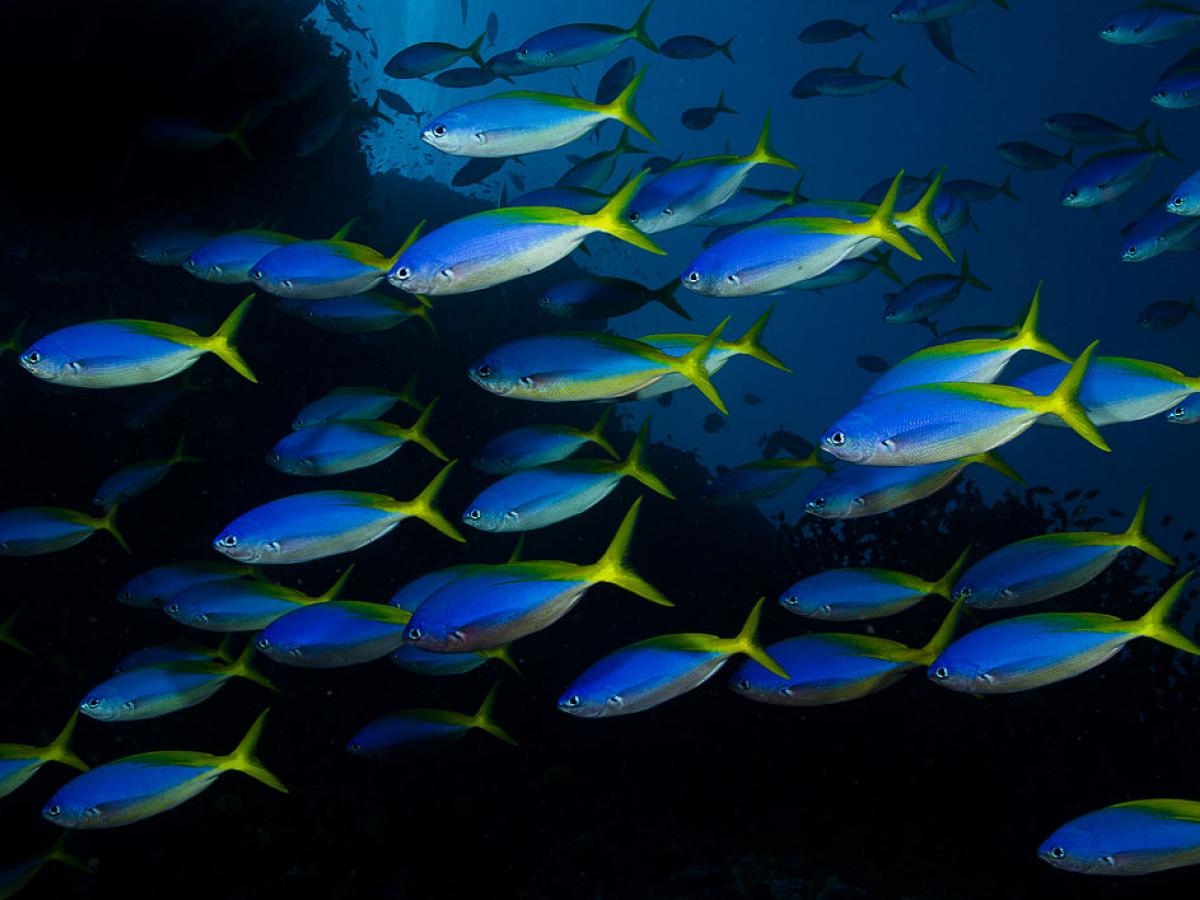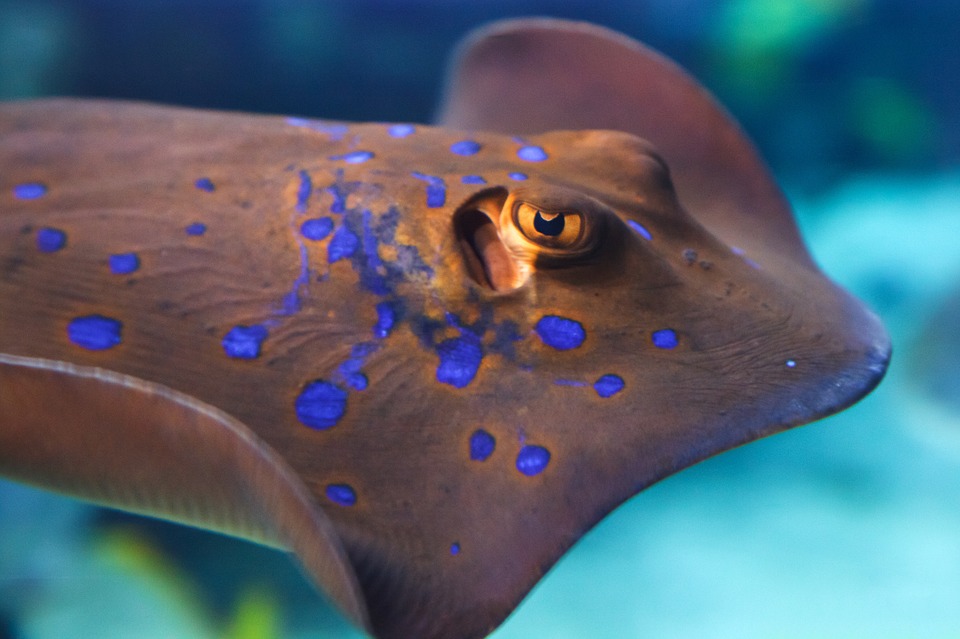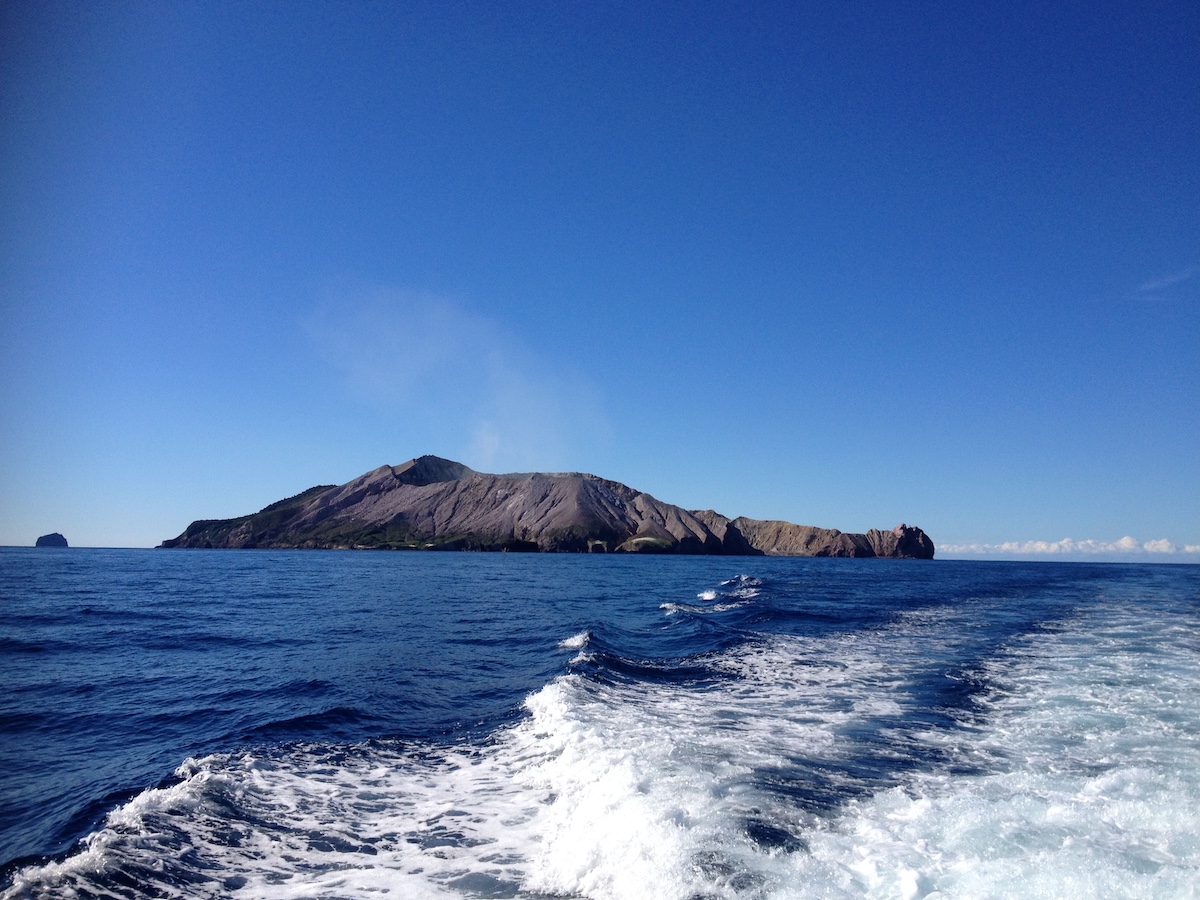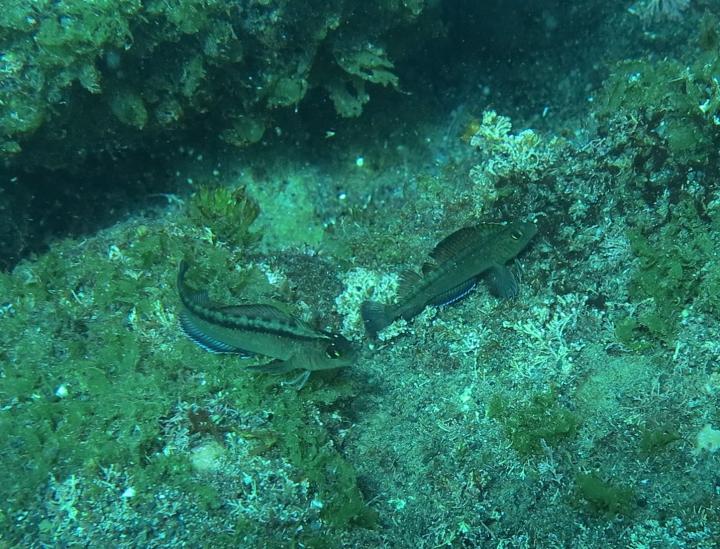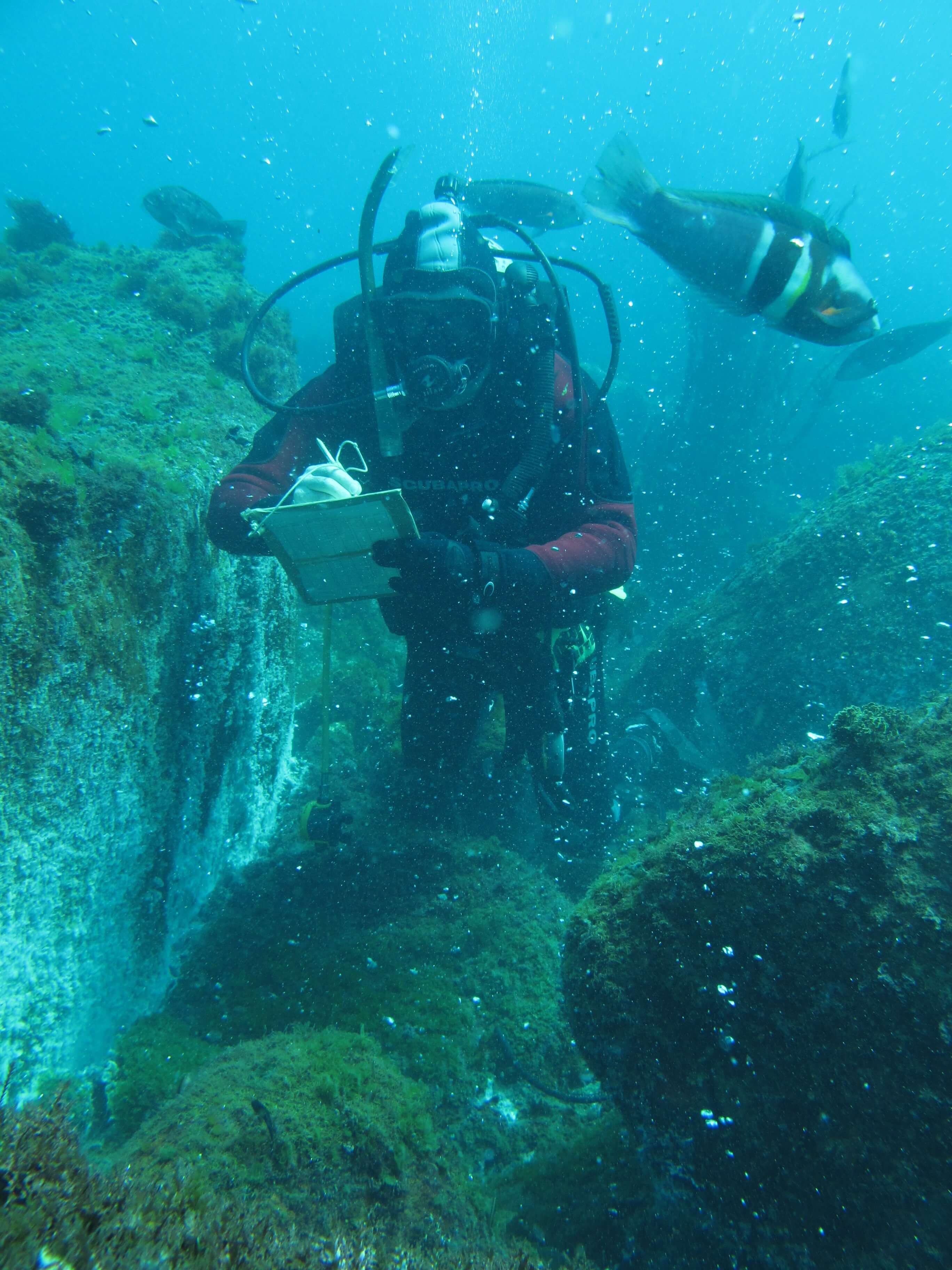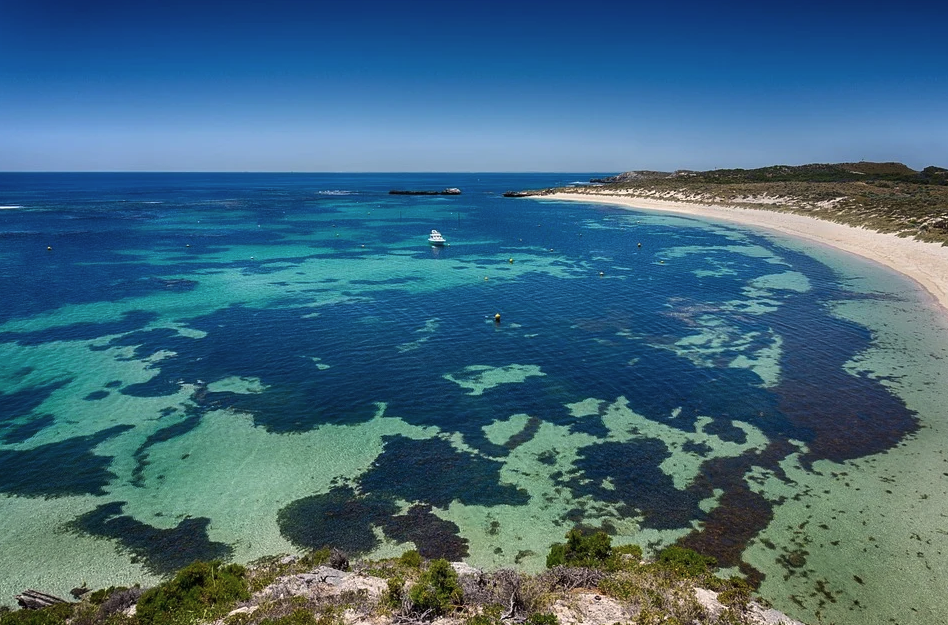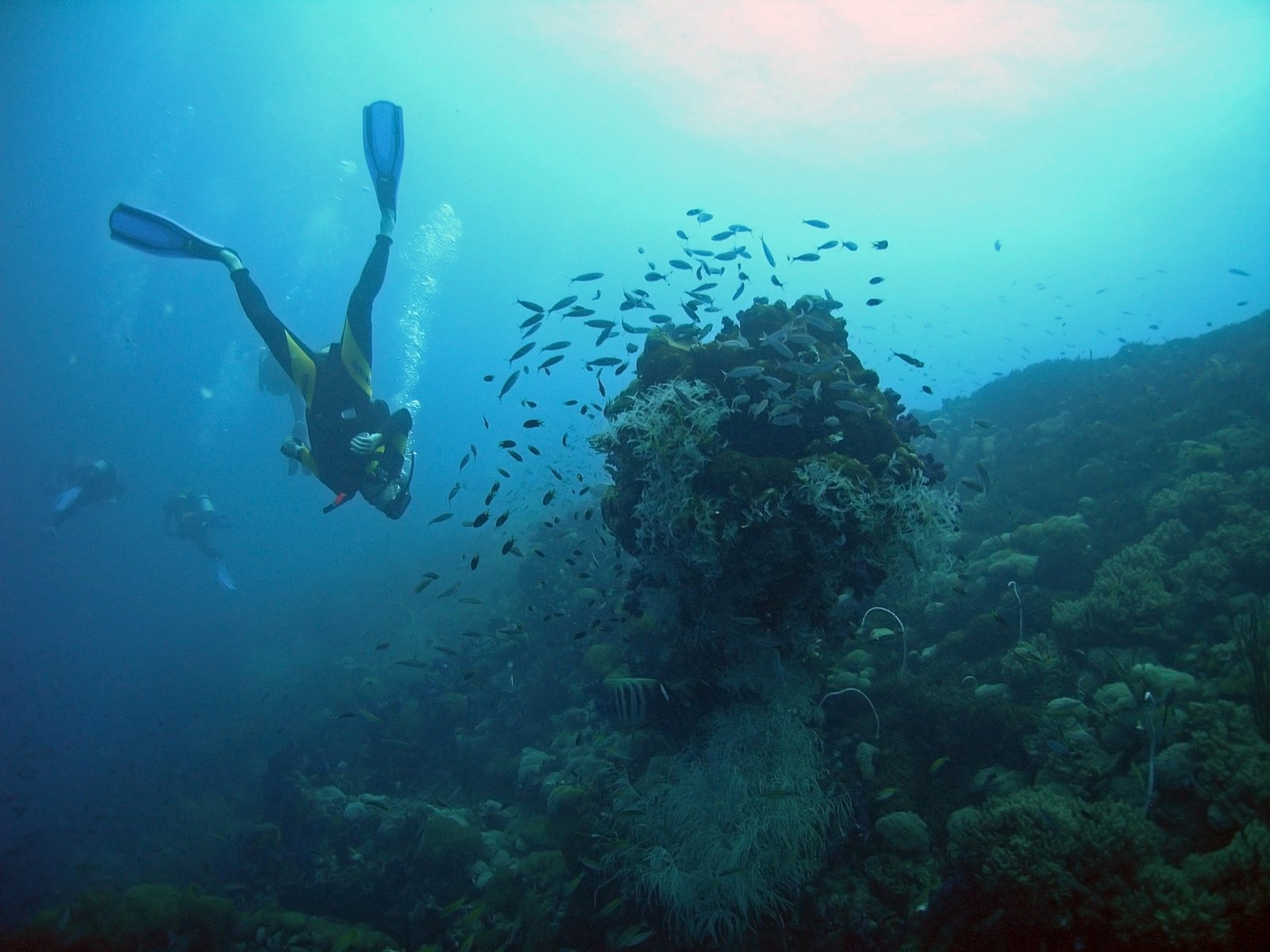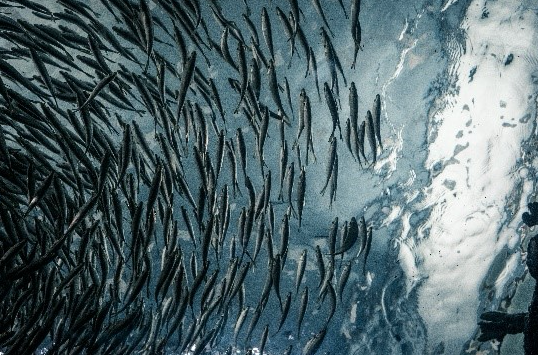BLOGS WEBSITE
TAG: Ivan Nagelkerken
Ocean acidification and warming disrupts fish shoals
Researchers from the University of Adelaide have found that the way fish interact in groups is being upset by ocean acidification and global warming. “Fish show gregarious behaviour and cluster in shoals which helps them to acquire food and for protection against predators,” said project leader Professor Ivan Nagelkerken from the University of Adelaide’s Environment […]
Comments Off on Ocean acidification and warming disrupts fish shoals
International joint research reveals how fish adapt to ocean acidification by modifying gene expression
Human-driven global change is challenging the scientific community to understand how marine species might adapt to predicted environmental conditions in the near-future. The effects of the uptake of anthropogenic atmospheric CO2 by oceans affects propagate across the biological hierarchy, from changes in the building blocks of life at nano-scales to organism, physiology and behaviour through ecosystem […]
Comments Off on International joint research reveals how fish adapt to ocean acidification by modifying gene expression
Research highlights competing impacts of warm waters and acidification in Nature Paper
Warming waters and ocean acidification could have opposing effects on the movements of tropical fish. Under increasing global warming, tropical fish are escaping warmer seas by extending their habitat ranges towards more temperate waters. But a new study from the University of Adelaide, published in Nature Climate Change, shows that the ocean acidification predicted under […]
Comments Off on Research highlights competing impacts of warm waters and acidification in Nature Paper
Fish sex organs boosted under high-CO2
Research from the University of Adelaide has found that some species of fish will have higher reproductive capacity because of larger sex organs, under the more acidic oceans of the future. Published in PLOS Biology, the researchers say that far from the negative effects expected under the elevated CO2 levels in our oceans predicted for the end […]
Comments Off on Fish sex organs boosted under high-CO2
Marine food webs struggle as climate change increases sea temperatures
Scientists at the University of Adelaide have found growing evidence that marine ecosystems will not cope well with rising sea temperatures caused by climate change. “Healthy food webs are critical for ecosystems so that the world’s oceans can continue to provide an important source of food for humans,” says lead author Professor Ivan Nagelkerken, from the University […]
Comments Off on Marine food webs struggle as climate change increases sea temperatures
A broad diet helps tropical fish survive a range shift due to climate change
The global redistribution of marine and terrestrial species due to climate change is a major concern for conservation planners and resource managers. Now new research, using data from long term surveys of tropical fishes, indicates that traditional studies of this range shift phenomenon largely ignore the sequential nature of species movement. The study, published in […]
Comments Off on A broad diet helps tropical fish survive a range shift due to climate change
University of Adelaide research featured in New York Times – Shrimp snaps soften
Climate change is changing the way nature sounds. Professor Ivan Nagelkerken team’s research has been featured in a New York Times article which covers how climate change will silence some species and push others into new habits and habitats, changing when and where they sing, squeak, whistle, bellow or bleat. It will also change the sound […]
Comments Off on University of Adelaide research featured in New York Times – Shrimp snaps soften
Can we meet the UN challenge to restore coastal wetlands by 2030?
As the UN declares the 2020s the ‘Decade of Ecosystem Restoration’, Professor Ivan Nagelkerken has collaborated with scientists worldwide to overcome the challenges of costal restorations. Leading coastal scientists from all over the world have joined forces calling for unified action on the future of coastal ecosystem conservation and restoration. This call comes in response to a declaration […]
Comments Off on Can we meet the UN challenge to restore coastal wetlands by 2030?
PAPER: Tropical and temperate species are living well together under climate change
Researchers at the University of Adelaide have found tropical and temperate coral reef fish can co-exist. As our climate changes, many terrestrial and marine species are forced to extend their ranges poleward, to stay within the bounds of their thermal tolerances. However, when such species enter higher latitude ecosystems, they engage in innovative interactions with local […]
Comments Off on PAPER: Tropical and temperate species are living well together under climate change
Climate change drives collapse in marine food webs
A new study has found that levels of commercial fish stocks could be harmed as rising sea temperatures affect their source of food. University of Adelaide scientists have demonstrated how climate change can drive the collapse of marine “food webs”. To be published on 10 January in the open access journal PLOS Biology, the study’s […]
Comments Off on Climate change drives collapse in marine food webs

